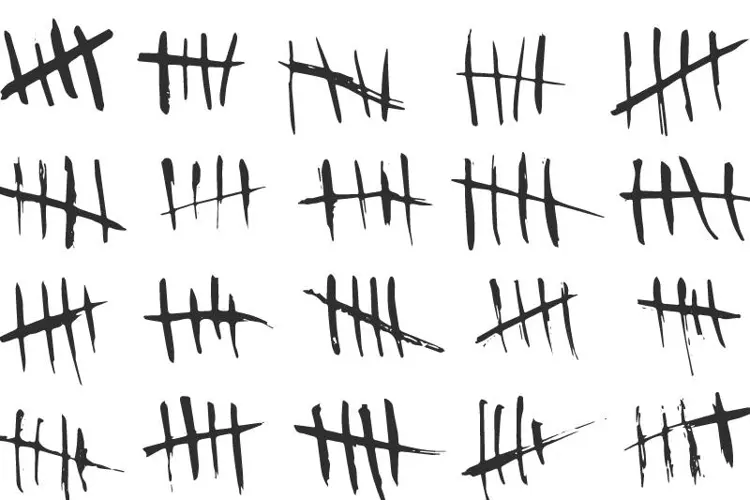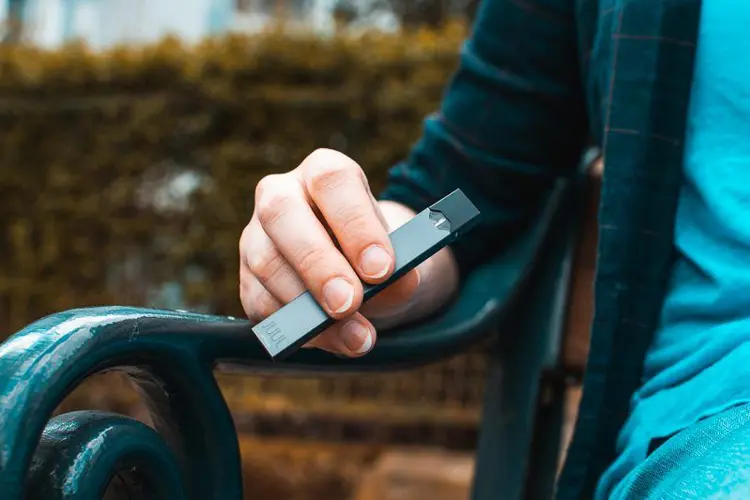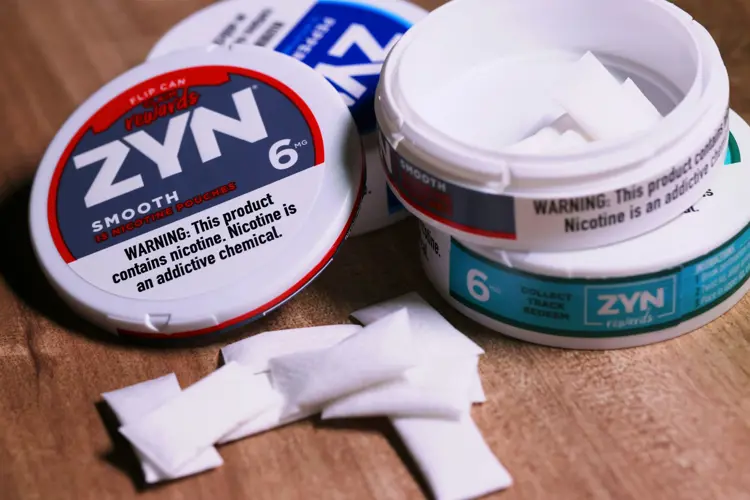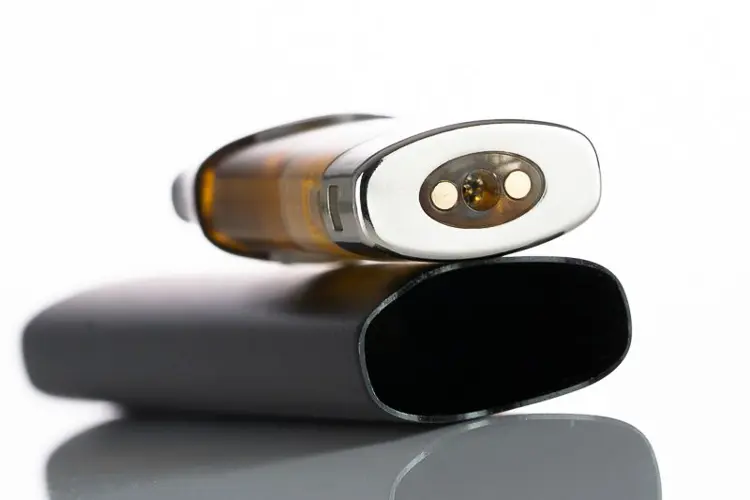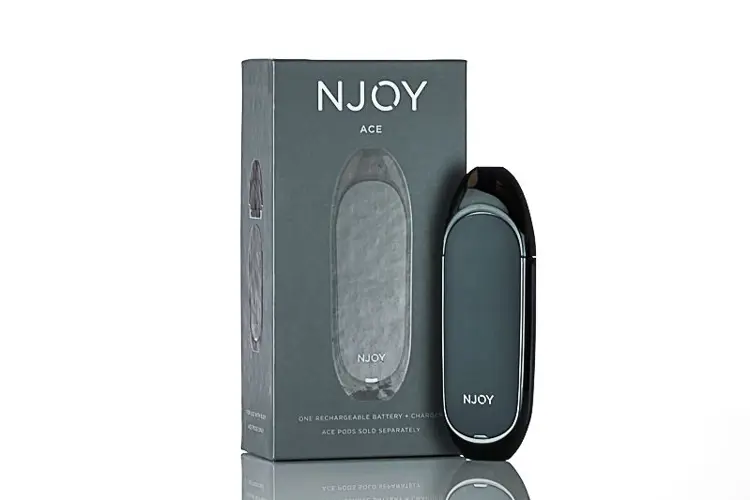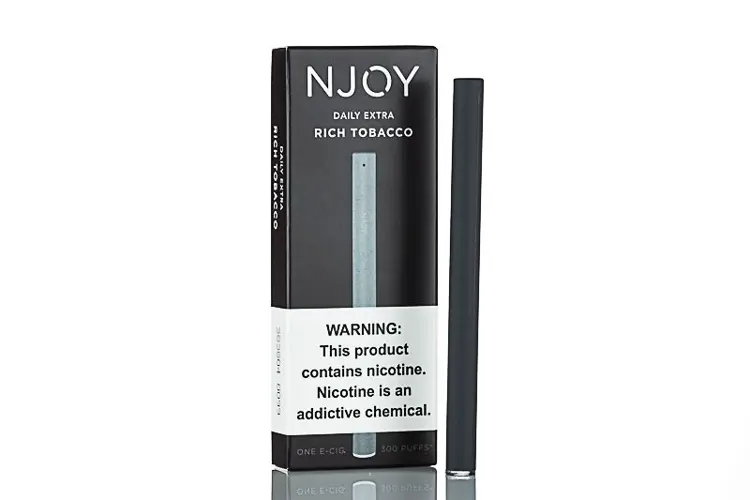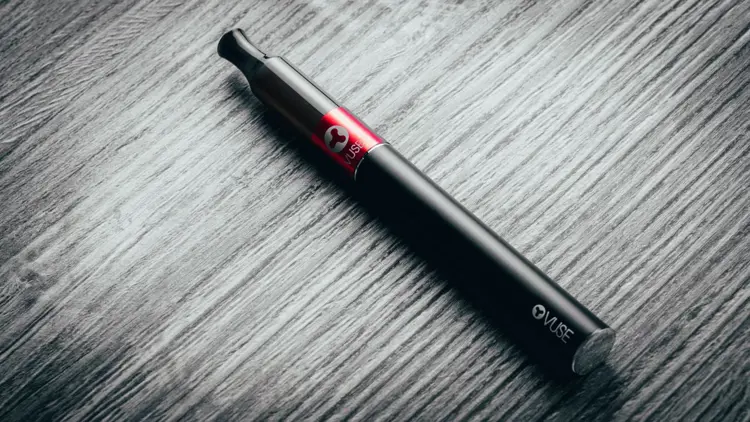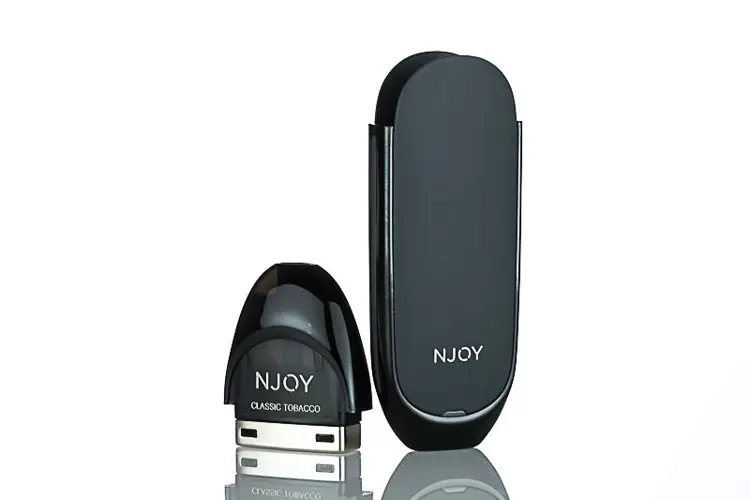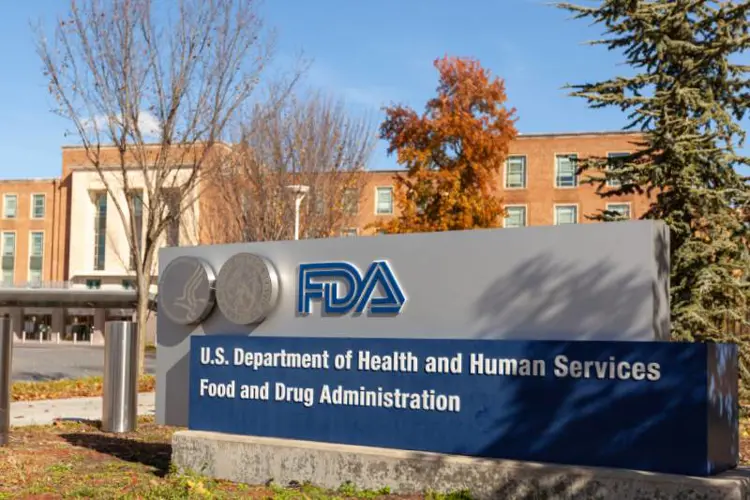The FDA will postpone the PMTA deadline for manufacturers of vaping products until Sept. 9, 2020. The previous deadline was May 12. The four-month delay is needed because of challenges created by the coronavirus pandemic that is affecting industries and governments around the world, according to the agency.
Today, the 4th Circuit Court of Appeals agreed to remand the case back to federal district Judge Paul Grimm for the purpose of allowing the delay. Grimm has already indicated that he will approve the postponement. The FDA asked the court’s permission to grant the delay on March 30. The change was not opposed by the original plaintiffs in the case.
Because the May deadlinewas imposed by Judge Grimm last year, the FDA was required to first get the judge’s permission in order to change it. And because the original decision is being appealed (by the FDA and separately by the vaping industry), the 4th Circuit Court (which is hearing the appeal of Grimm’s original decision) had to first temporarily send the case back to Grimm before the change could be allowed.
Every single vaping product, including hardware and all e-liquid (even tobacco-flavored and unflavored), is subject to the PMTA requirement.
The agency explained in a court motion that the coronavirus pandemic has created a number of obstacles for manufacturers intending to file applications, and also for the FDA. They include:
- Labs and research facilities are closed
- Human studies have been suspended
- Travel to offices and factories is difficult or impossible
- Product deliveries from affected countries are delayed
- Some FDA employees have been temporarily reassigned to the U.S. Public Health Service
The delay gives manufacturers four additional months to sell products that were on the market before Nov. 8, 2016. After Sept. 9, 2020, those products must be removed from the market, unless a PMTA has been accepted for review by the FDA, in which case they may remain available for up to one year while the FDA conducts its review.
All products introduced after Nov. 8, 2016 (and all prefilled pods and cartridges containing flavors other than tobacco and menthol, no matter when they were first introduced) must receive FDA marketing approval (an approved PMTA) before they can be sold. Every single vaping product, including hardware and all e-liquid (even tobacco-flavored and unflavored), is subject to the PMTA requirement.
There have been more than 30 PMTA submissions to the FDA already, according to FDA Center for Tobacco Products director Mitch Zeller. Logic and RJ Reynolds are the only manufacturers that have announced PMTA submissions, and Reynolds submitted additional products last week.
The process for completing a successful PMTA is expensive and complicated, requiring extensive testing, studies, and evidence.
The PMTA (Premarket Tobacco Application) is one of the pathways to market for new tobacco products defined in the 2009 Family Smoking Prevention and Tobacco Control Act. If no similar products existed in the market before Feb. 15, 2007, manufacturers may submit either a PMTA or the more difficult Modified Risk Tobacco Product application. The 2016 FDA Deeming Rule defined e-cigarettes and vaping products as tobacco products and forced them into the FDA regulatory framework.
The PMTA deadline has changed several times since the process was first announced in 2016. The original date was Aug. 8, 2018. It was later moved to Nov. 8, 2018. In July 2017, newly appointed FDA Commissioner Scott Gottlieb announced the agency would postpone the deadline again, until Aug. 8, 2022. Then in March 2019, the FDA announced it would move the deadline for flavored products up by one year, to Aug. 8, 2021. Then, before that change was even finalized, Judge Grimm ruled that the FDA’s process was invalid and said that he would impose a new date, which he did in July 2019.
The process for completing a successful PMTA is expensive and complicated, requiring extensive testing, studies, and evidence. The manufacturer must prove to the FDA that its submitted product is “appropriate for the protection of public health”—a deliberately vague and complex standard.
The new deadline date falls less than two months before the Nov. 3 presidential election
Although vaping industry stakeholders have offered the FDA and HHS blueprints for improving the process, a “streamlined” PMTA process—as promised by Trump Health and Human Services Secretary Alex Azar in January—has never been formally proposed. The Vapor Technology Association (VTA), a vape industry trade group, has urged the FDA to use the additional time provided by the delay to modify the process to “ensure the survival of small businesses and a diverse array of the vapor products.”
Last week, the FDA rejected a request by Rep. Raja Krishnamoorthi to temporarily ban sales of all vaping products during the PMTA deadline delay. The Illinois Democrat says that vaping is a risk factor for developing severe complications from the coronavirus, but the regulatory agency says it has not seen conclusive evidence.
The new deadline date falls less than two months before the Nov. 3 presidential election. If no change to the PMTA process has been implemented before Sept. 9, President Trump will face a replay of thegrassroots pressure he encountered last fall and winter, when he announced and then backed away from a complete ban on flavored vaping products.
The Freemax REXA PRO and REXA SMART are highly advanced pod vapes, offering seemingly endless features, beautiful touchscreens, and new DUOMAX pods.
The OXVA XLIM Pro 2 DNA is powered by a custom-made Evolv DNA chipset, offering a Replay function and dry hit protection. Read our review to find out more.
The SKE Bar is a 2 mL replaceable pod vape with a 500 mAh battery, a 1.2-ohm mesh coil, and 35 flavors to choose from in 2% nicotine.
Because of declining cigarette sales, state governments in the U.S. and countries around the world are looking to vapor products as a new source of tax revenue.
The legal age to buy e-cigarettes and other vaping products varies around the world. The United States recently changed the legal minimum sales age to 21.
A list of vaping product flavor bans and online sales bans in the United States, and sales and possession bans in other countries.







